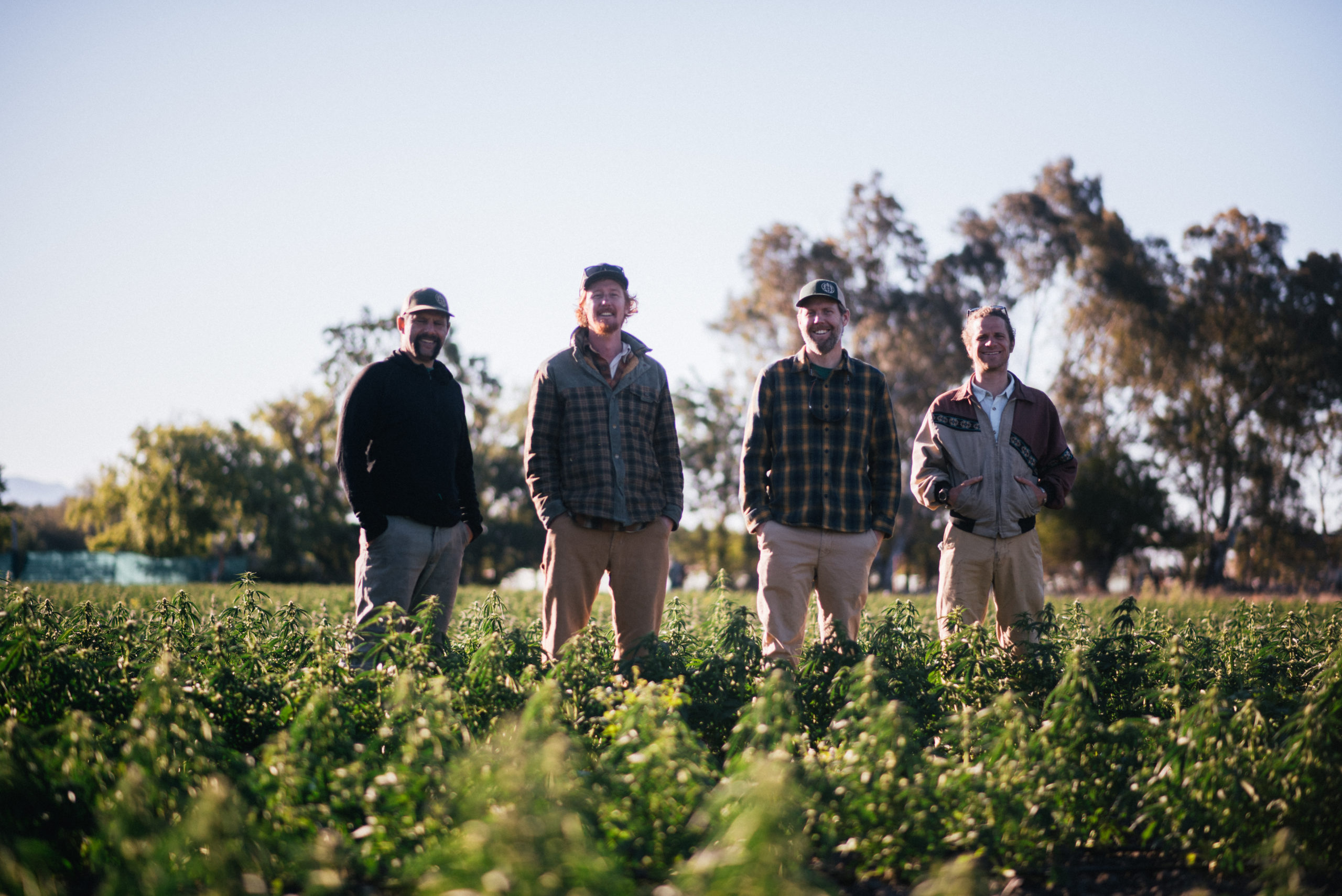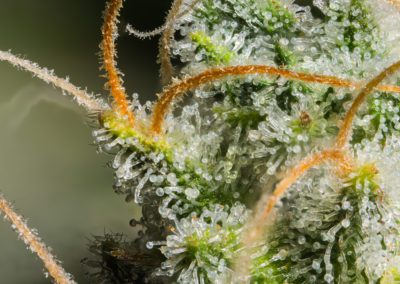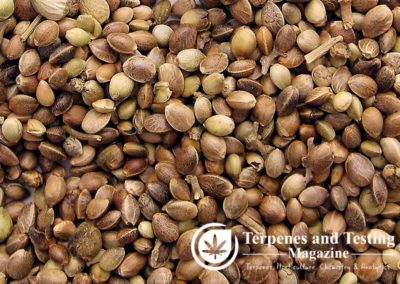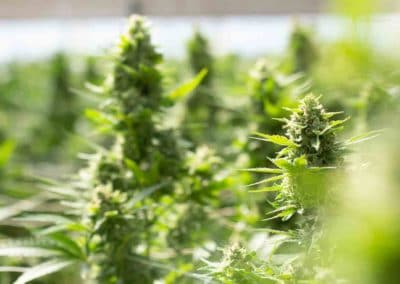Scaling is, without a doubt, one of the biggest challenges facing cannabis cultivators. In order to keep increasing revenue, many operators need to increase their canopy. Even if operators have a lot of experience growing 100 to 1,000 plants, the transition to a higher tier of license can mean growing acres of canopy and trying to scale their existing growing practices will come with a hefty price tag.
“It’s a big leap for a lot of cultivators,” says Atlas Seed CEO Ryan Power, who spent the last 12 years growing row crops. “There’s a mindset that changes from horticulture to agriculture.”
Atlas Seed is providing the cannabis industry with a simple and proven solution for scaling that agricultural industries have been using for years: autoflowers.
Unlike photoperiod varieties of cannabis that require a veg phase and a 12-hour light cycle to bloom, autoflowering cannabis blooms as soon as it matures, allowing cultivators to skip the veg phase entirely. It took a small fortune and years of refining, but Atlas Seed has developed autoflowering variations of popular strains such as Blue Dream and GMO Cookies at nurseries across the country. By breeding industry-leading feminized seeds, the company limits the possibility of genetic variations that are common with traditional seeds and provides cultivators with the easiest path to pest and disease resistant cannabis plants that are capable of growing in almost any climate and ready to harvest 70 days after planting.
“The margins are astronomically higher,” Power says. “There’s no black-plastic pots, trellising, de-leafing, pruning or potting soil except for the original seedling plug. It’s just in and out.”
By limiting the labor and inputs required, growers can consistently cultivate acres of cannabis with similar field production costs to row crops like cabbage, Power says.
“It’s a different production model,” he says. “In the autoflower model, you plant and then harvest 70 days later. That’s just what it is — a field crop.”

An added benefit of the 70-day harvest is that cultivators are essentially doubling their production. Outdoor producers that are licensed to grow one acre of canopy would typically harvest one crop per year, but with autoflowering seeds they could easily get two full harvests, and operators in climates with mild fall seasons can get up to three.
Atlas’ autoflowering varieties include tested versions of high-demand strains that are popular in recreational and medical markets. But Atlas can also convert any strain into a fully autoflowering variation for licensed cultivators or nurseries. The conversion to autoflower takes two years, which is enough time for Atlas to perform the research and development in the targeted climate and return with a hardy stock of the autoflowering variation.
“Everything is field-tested before we sell it,” Power says, adding that Atlas also does its own in-house research and development at several California farms to find new autoflowering variations for cultivators or nurseries that are interested in licensing the genetics.
For cultivators wary of switching to autoflowering genetics, Atlas provides consulting services for all its clients to ensure they have the everything they need to make the transition — which is especially important considering the looming prospect of federal legalization and what happened to the hemp industry after legalization, with a flooded, oversaturated market.
“It took one season to turn that industry upside down,” Power says. “We are looking ahead so our customers and our farmers are ready for that with low-cost-of-production, agronomic models with the right genetics, equipment and systems to be ready for the eventual glut. Because it’s not that far off.”
Article Link: https://www.marijuanaventure.com/a-solution-for-scaling/



